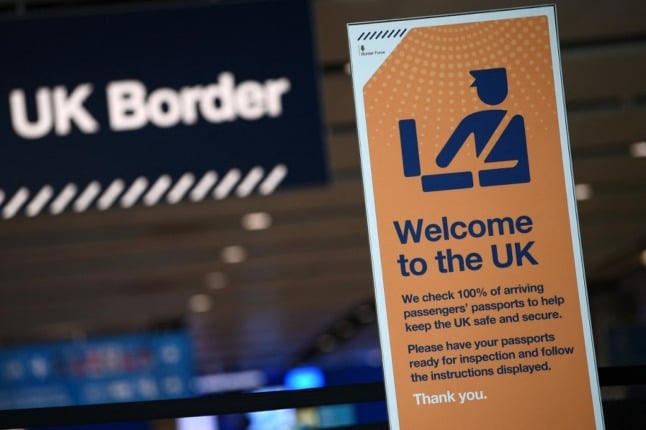Food exports to the UK saw a 6.8 percent drop compared to the same period last year, while wine exports fell by seven percent, the Italian farmers' association Coldiretti said.
“The Brexit effect is being felt on symbolic Made in Italy products in Great Britain, where there was an overall sudden drop of eight percent in exports of Italian products,” the organization said.
It added that as well as a fall in the value of the pound, another factor could be “a more nationalist stance among the British, leading to the replacement of imported products”.
- Why Italy is mulling wine classes for schoolchildren
- The first 'wine fountain' just opened in Italy – and it's free
- Meet the Italian making wine underground
The fall in exports to the UK hit all sectors, with vehicle exports down 3.3. percent, furniture exports 7.2 percent, and textiles 12.7 percent, according to figures from national statistics agency Istat for the first quarter of 2017.
But wine producers were particularly hard hit, with Coldiretti saying wine was “the first victim of the chaos caused by Brexit”.
Traditionally good value Italian wine is now more expensive for British consumers than it has ever been, with unfavourable exchange rates and increased tax on alcohol combining to drive up the price of foreign tipple.
The figures confirm the fears expressed by Italy's winemakers in the run-up to and aftermath of the Brexit vote in June 2016.
Before the vote, Coldiretti warned that Britain leaving the EU could “seriously upset trade relations” with Italy, which exports a huge amount of food and drink to the UK each year. Last year, the UK overtook the US as the biggest consumers of Italian wine, helping drive a 38 percent surge in sales of prosecco and other fizzy wines in the first quarter alone, outstripping champagne for the first time.
It is also the fourth biggest importer of Italian food products. After wine and prosecco, the most important items are pasta, fruits and vegetables, and cheese.
And after the UK voted to leave the bloc, Foreign Secretary Boris Johnson reportedly explicitly threatened Italy's economic development minister with a drop in prosecco sales if the UK was not allowed to stay in the single market.
READ ALSO: Why Italy wants Unesco heritage status for its Prosecco hills
Photo: Vincenzo Pinto/AFP



 Please whitelist us to continue reading.
Please whitelist us to continue reading.
Member comments